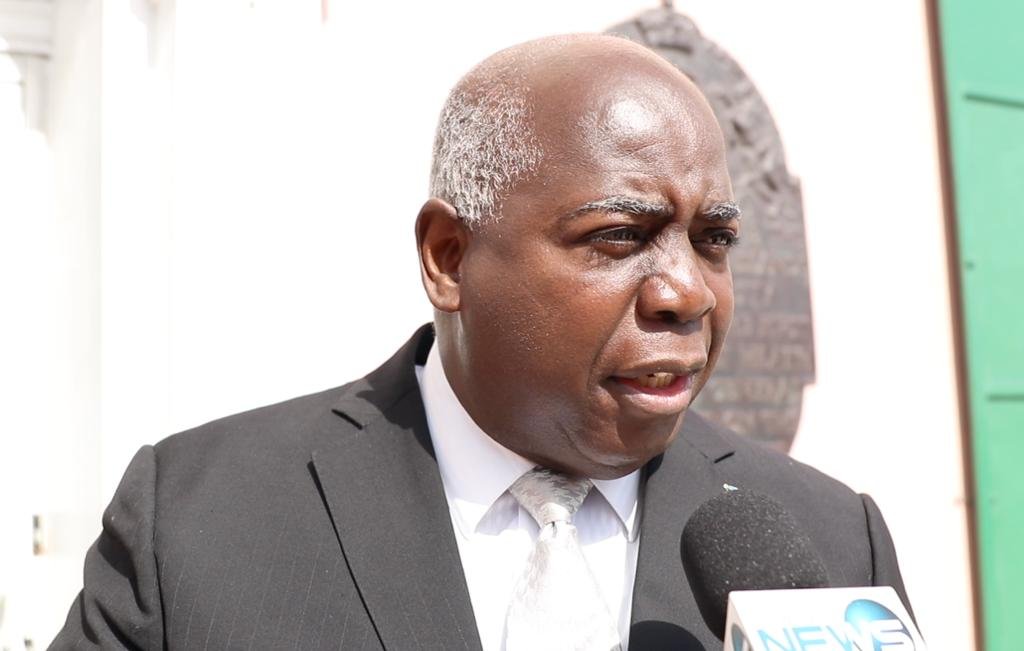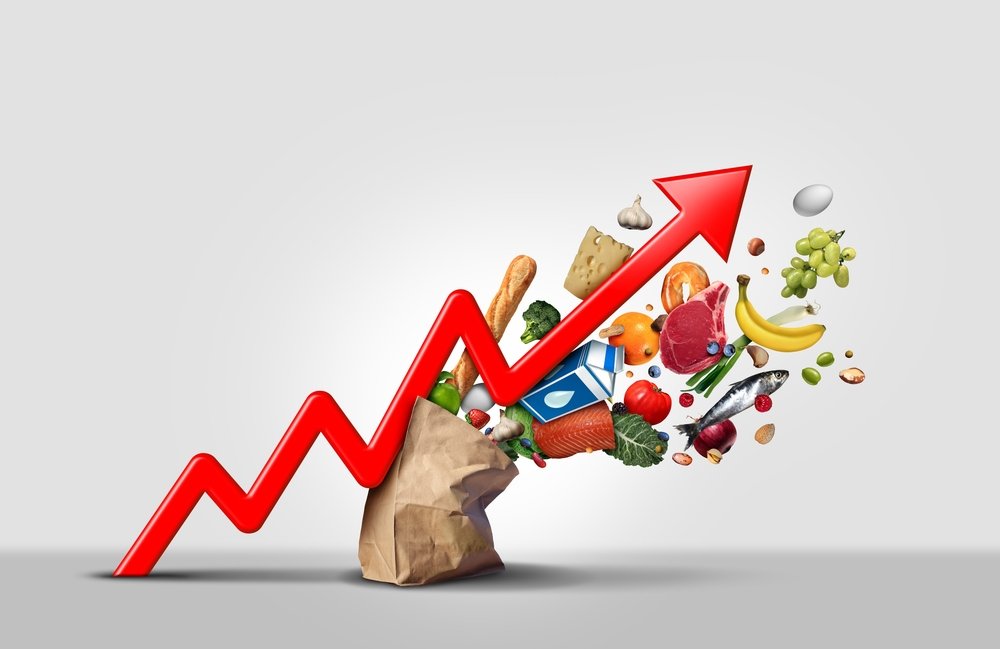NASSAU, BAHAMAS — Prime Minister Philip Brave Davis said yesterday that notwithstanding his administration’s efforts to counter high inflation rates that impact Bahamian consumers, the contributing factors are largely outside the government’s control.
“Well, there is very little we can do from any structural point of view in the sense that most of the contributing factors to inflation is beyond our control,” he told Eyewitness News outside the House of Assembly.

“You know, we have the disruption in the supply chain; we have the war that is going on in Ukraine right now; but as much as we can, I have negotiated with some of the shipping companies to see how we can lower the cost of freight and lower the cost on containers coming in.
“We are speaking to the various stakeholders to see how we could best manage from an internal point of view the shocks that could come on the Bahamian people.”
Davis said while growing the economy is “not the answer to inflation” as inflation remains constant, the government is continuing efforts toward economic growth.
In its World Economic Outlook, the International Monetary Fund (IMF) projected that consumer prices will increase 7.3 percent this year — the highest annual percentage increase in inflation since the early 90s.
According to the report, the projected rate of inflation is expected to drop to 4.5 percent next year, but will continue to remain at elevated levels before leveling out in 2027 at 2.4 percent.
The Bahamas was among several countries in the region that are projected to see high single-digit percentage increases in inflation, with the report citing the war in Ukraine.
The Bahamas continues to experience increased prices for fuel, food and other expenses as its import bill remains high.
According to Minister of Agriculture and Marine Resources Clay Sweeting, The Bahamas imports over $600 million worth of food from its neighbor, The United States, with another $300-plus million from other jurisdictions including the Far East.
Earlier this month, the prime minister announced that his administration had negotiated a 38 percent discount on shipping containers coming from far eastern jurisdictions in a bid to mitigate inflation and the price point consumers in The Bahamas face.
Yesterday, the prime minister said as part of a holistic approach to addressing high costs is to incentivize Bahamians to grow more food and participate in the agricultural sector, with a long-term view of improving the nation’s food security.
Not enough
In a separate interview, former Minister of Finance Kwasi Thompson accused the Davis administration of not doing enough.
“Enough is not being done,” Thompson said, adding that the IMF previously projected inflation increases.
“We are very concerned with the increased inflation and the inaction by this government.
“In fact, the IMF report states where there is a high increase government should be doing things to mitigate the effects.”
Meanwhile, Opposition Leader Michael Pintard recommended the government “using what is at its disposal to reduce the burden on Bahamians”, including reviewing its taxes at the border and ensuring concessions enjoyed in Freeport are applied across the entire Grand Bahama.
He said in the long term agricultural production ought to be “ramped up”, pointing out that some produce and other items can be grown in fewer than 30 days.






